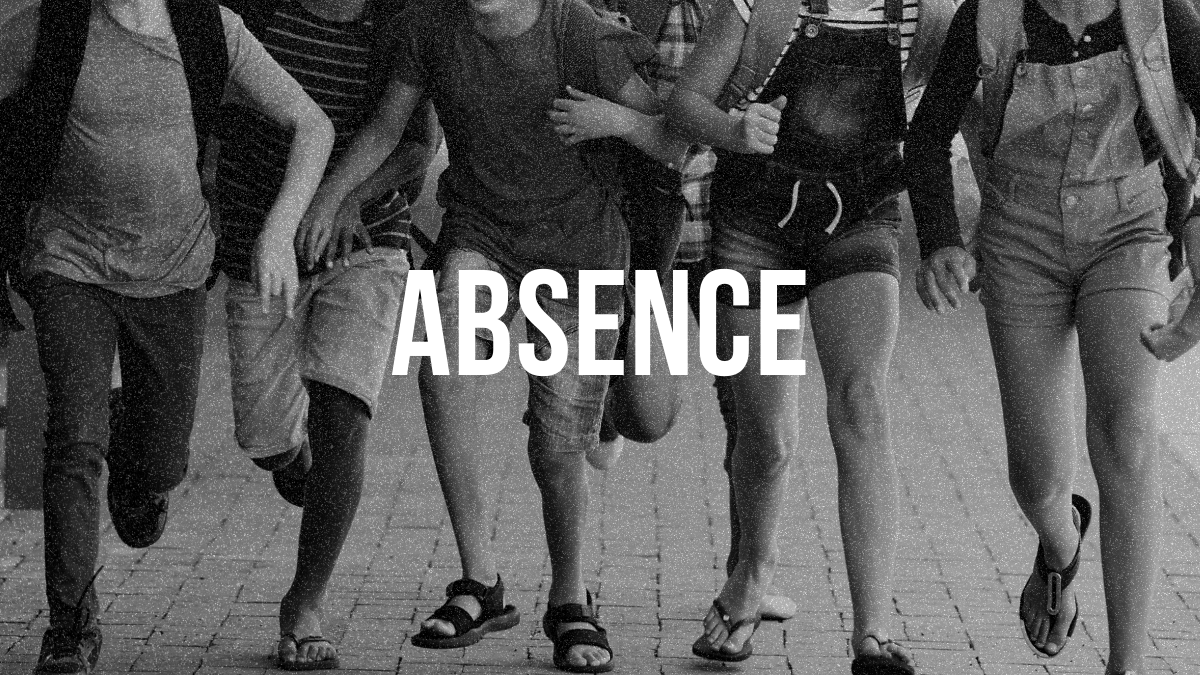Source: News & Observer
According to The News & Observer, over 30% of North Carolina students are chronically absent from school — nearly double the rate prior to the pandemic.
The Washington Post reports that chronic absenteeism isn’t new, as the number of students missing 10 percent or more of the academic year was high before 2020. However, the rates continued to rise as Covid-19 brought further disruption to the classrooms.
North Carolina is not alone, as across the country, students have been absent at record rates since schools reopened during the pandemic. In total, an estimated 6.5 million additional students became chronically absent, according to the data from Stanford University.
The increase in chronic absenteeism stems from a myriad of reasons — finances, housing instability, illness, transportation issues, school staffing shortages, anxiety, depression, bullying and generally feeling unwelcome at school, according to Thomas Dee, an education professor at Stanford University.
As chronic absenteeism continues to rise, local organizations are hoping to address learning setbacks for many students.
The News & Observer reports that myFutureNC, a statewide non-profit group, has set a goal to lower the chronic absenteeism rate to 11% by 2030. The group is hoping to meet the overall goal of having two million North Carolinians obtain a postsecondary degree or job credential by 2030.
“Chronic absenteeism needs to be taken seriously if we want to meet our educational attainment goals,” Emma Marshall, a research analyst at the Carolina Demography Center, told The News & Observer.
Other organizations, such as an organization in Connecticut, have tried the approach of building relationships with parents. Through a home-visiting program, funded by $10.7 million of the state’s Covid-19 relief money, attendance improved by about 10 percentage points among those in the program.
Additional solutions include creating a welcoming school environment for students, upgrading school facilities, and making classes culturally relevant to all backgrounds, according to The Washington Post.
However, Republicans across the country have created barriers to these solutions; passing bills that erase culturally relevant school curriculums, target LGBTQ students, and censor teachers, all while diverting millions of dollars away from public schools.
Read more at The Washington Post.





